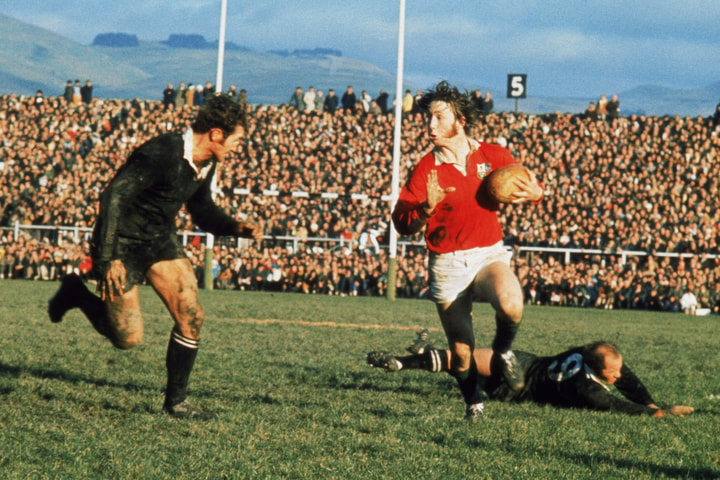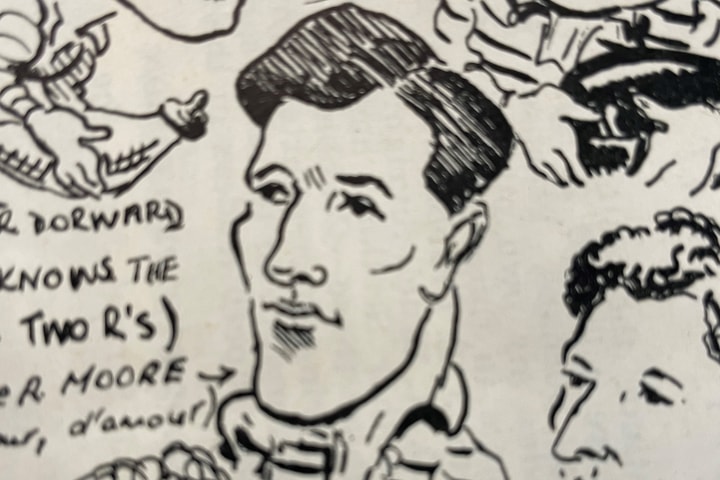In 1924, France hosted the Olympic Games and, along with Pierre
de Coubertin, Muhr played a prominent role in organising the
competition. Rugby union was still an Olympic event at this time
and the final was contested by France and the USA, as it had been
in 1920. A string of injuries, allegations of foul play and the
police escort required by the victorious USA team may have been
factors in rugby union's subsequent omission from the Olympic
Games.
This was not the only hard-fought rugby match Muhr would have
witnessed between his adopted homeland and the country of his
birth. Of a match between the two countries at the Inter-Allied
games in 1919, he is reported to have said that the on-field
violence was "probably the best anyone could do without
a knife or revolver".
When World War II broke out, Muhr was 57 years old, living in
Paris with his wife, Madeleine, and their son, Philippe. Again, he
volunteered as an ambulance driver, as did his son. During the
German occupation of France, they took refuge in the village of
Sayat in the Auvergne, where the occupying forces came to believe
that they were assisting the French Resistance. Muhr and his son
were arrested by the Nazis - Philippe was later released, but Allan
was deported to Neuengamme concentration camp near Hamburg, where
he died of septicaemia on 29th December 1944.








